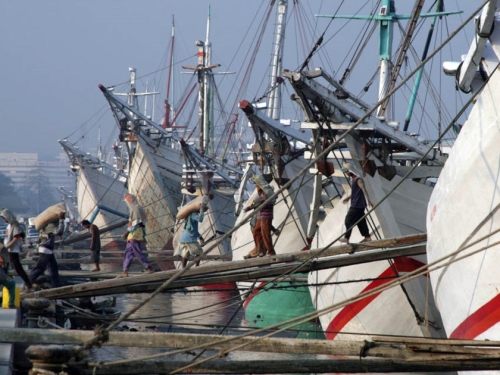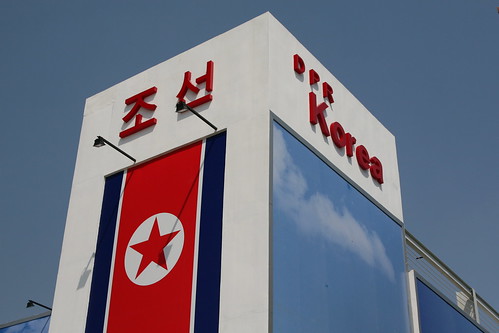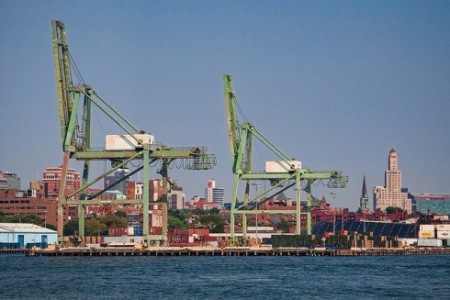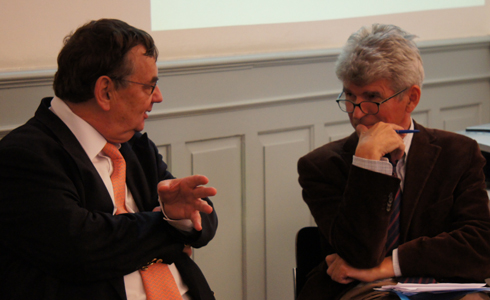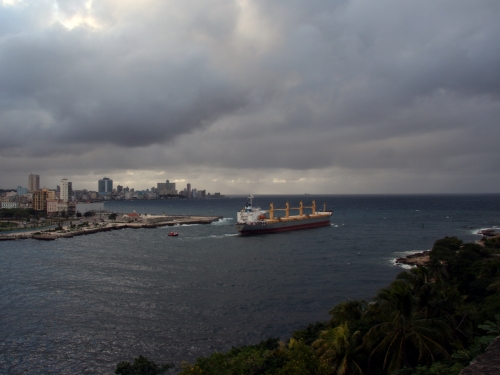
This article was originally published by E-International Relations on 3 April, 2015.
Since the Obama administration announced the establishment of diplomatic relations with Cuba, it’s common to hear people talk about what will happen “now that the embargo has ended.” The new measures are significant for the tone that they set, and there are some concrete changes that will result. It will be easier for certain limited categories of US citizens to travel to Cuba, and the tension between the two governments is somewhat reduced. But the embargo is still very much in place.

